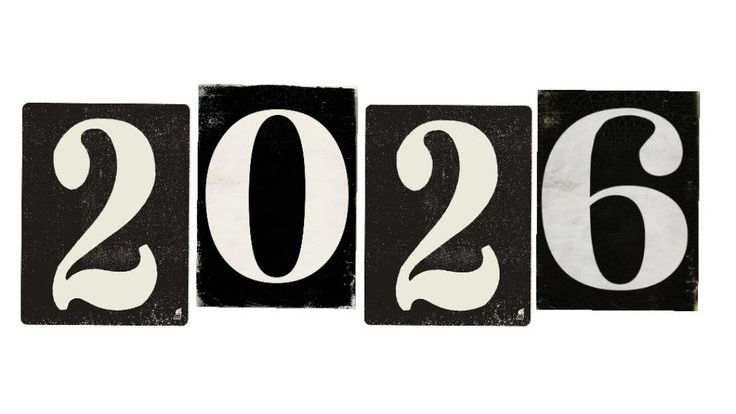The Word For World is Forest: A Sci-Fi Novella in Four Songs
- Katherine Dahl
- Mar 13, 2024
- 4 min read
With the random summer days—complete with summer storms in the evening—emerging a few weeks ago in February, I can’t help but feel a tiny, uncomfortable worm of worry in my stomach in combination with the spring fever from the warmth. While I was outside and celebrating the weather as much as the next person, I still wonder what our unusually-warm winter (besides that week in January where my hair literally froze on my walk to class) says about the state of our planet. I’m no expert, but the matter has been on my mind. As such, I will be writing about The Word for World is Forest, a 1972 sci-fi novella by the wonderful Ursula Le Guin. The story takes place in the Terran (Earth) colony on the planet of Athshe; the humans, harsh and militaristic, are responsible for turning the forests covering the surface into lumber to ship back to a now-empty Earth. The problem is that those forests are inhabited by millions of Athsheans, little green men who have a pacifist ideology which prevents them from fighting back—at least, until Selver escapes his human enslavement to lead an Athshean revolt against human colonization.
The native Athsheans have a spiritual—and practical—relationship with the forests of their planet; not only do the trees provide them their primary form of shelter (having their homes integrated into the forests), but they also represent the Athshean cultural philosophy of remaining close to ‘one’s roots.’ Thus, an Athshean could be seen as “Mother Nature’s Son” like the song by the Beatles. In the song, the speaker references rivers, meadows, and flowers; to the Athsheans, all these aspects are represented through the forest. In the native language, the word for ‘world’ is the same as the word for ‘forest’—hence the title of the novella—while for humans, the Earth is represented in the soil, the Athshe planet is its forests. It is beautiful and powerful, even while the Terrans are busy cutting and chopping and commodifying the trees.
The lumber of the Athshe forests is sent back to Earth because no more wood remains on the Terran planet. Humans completely cleared it of natural resources, leaving it to be nothing but a vessel for human residence. Metaphorically speaking, they “paved paradise” to “put up a parking lot” like in Joni Mitchell’s “Big Yellow Taxi.” The beauty of the natural world provides no meaning for them if it cannot be turned into an asset. Profit, the “dollar an’ a half” they charge for the “tree museum” in Mitchell’s song, is their guiding light. The Athsheans merely become victims to this as the Terrans invade their home and cut down their world.
In tandem with this ecological destruction is the military aggression and might of the colonists. They are the “Masters of War” in Bob Dylan’s song of the same title. The Terrans do utilize “big guns,” “death planes,” and “bombs” against the Athsheans, in addition to ‘fire jelly’ which is a direct reference to the napalm used by the American forces in the Vietnam war. The colonists of the novella are the villains—the American army is the villain—making the story into a thinly veiled protest statement about the violence and horrors of Vietnam. The Terrans do “play with [the Athsheans’] world” without even considering the Athshean people worth their pity, humanity, or even dignity. Instead, they enslave the indigenous people to continue their lumber operations; somehow, they are shocked when Selver rebels and starts an uprising against the colonial occupation.
Selver has personal stakes in his crusade, however; the army captain of the colony raped and killed his wife. Thus, he fights for both his people and for justice of what has been lost—yet, is there justification for the abundant violence and murder he institutes within the colony? It starts as a mission to kill the captain, but evolves into orchestrating attacks on cities where women live in order to ‘eliminate’ the Terrans reproductive capabilities. Selver’s drive towards remains leaves the last song to be “Having a Blast” by Green Day. Selver is determined “no one [gets] out alive,” especially those ‘innocent’ women. But, then again, that depends on your idea of innocence: they are still colonists, after all, and part of a larger, evil system. That “long trail of destruction” the Terrans left behind—including countless Athshean bodies—is enough for him to do the same to the oppressors.
This cycle of violence is broken by the end of the story, mostly due to Selver’s realization of his moral values. He ends up sparing the captain in a moment of clarity, sending him to a deserted island for exile. Selver claims that since the captain taught him how to murder, he will teach the captain how to not do so; the Athsheans make peace with the Terrans, who agree to remain within specified borders, surrender their weapons, and leave the planet completely once ships can arrive to pick them up. The forest is still standing in the aftermath of the war between the two peoples—the world is still standing.
A strong story, I highly recommend it to anyone interested in sci-fi or protest fiction or if you’re like me and thinking about the environment a lot these days. It is a wonderful blend of all of the above, and fairly short (189 pages), too. Don’t get too turned off from it by the captain’s opening chapter. He’s supposed to be ‘evil incarnate’ (coming from the author herself), and he gets what he deserves in the end. Anyway, happy almost-spring-break!
Runner-Ups: “He Ain’t Heavy, He’s My Brother” by the Hollies, “Five Years” by David Bowie.
_edited.png)








Comments